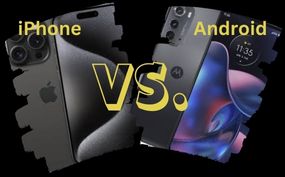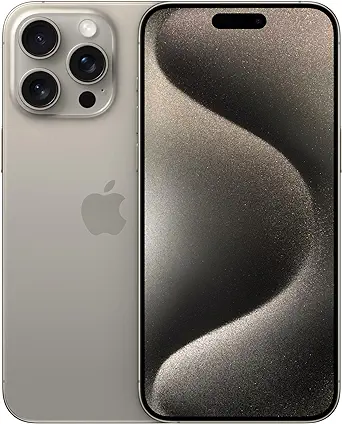
In the ever-evolving landscape of smartphones, two giants have continued to dominate the market, each with its own loyal following and unique offerings. The rivalry between iPhones and Android phones has sparked numerous debates, discussions, and even a touch of brand loyalty. Choosing between the two platforms is a decision that often boils down to personal preference, as each has its own set of advantages and appeals to different kinds of users. In this blog, we’ll explore the key differences and factors to consider when making the decision between iPhones and Android phones.
User Experience and Interface
One of the first considerations when choosing a smartphone is the user experience and interface. iPhones, powered by iOS, are celebrated for their intuitive and user-friendly interface. Apple’s dedication to creating a seamless, cohesive experience across its ecosystem of devices—from iPhones to Macs and iPads—appeals to users who value consistency and integration. The iOS platform is known for its visually appealing design, ease of use, and focus on simplicity, making it a popular choice for users who seek a straightforward and polished user experience.
On the other hand, Android phones offer a more diverse range of user experiences due to the platform’s customizability. Android users have the freedom to personalize their devices extensively, from home screen layouts to third-party app integrations. This flexibility caters to users who appreciate customization and prefer to tailor their smartphone experience to their individual preferences.
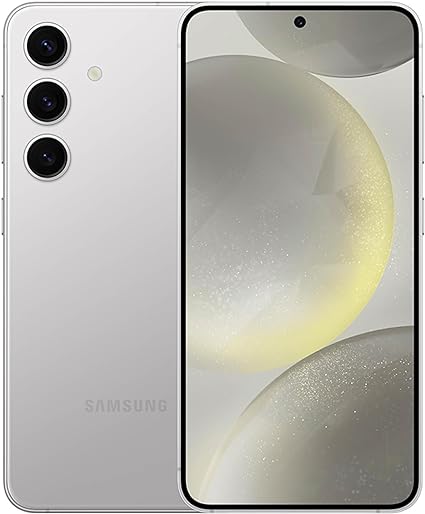
Hardware and Ecosystem Integration
The hardware and ecosystem integration are significant considerations when weighing the decision between iPhones and Android phones. iPhones are revered for their high-quality build and premium materials, reflecting Apple’s commitment to delivering well-crafted devices. Furthermore, Apple’s tight control over both hardware and software allows for seamless integration and optimizes performance across its devices. For users already entrenched in the Apple ecosystem, an iPhone can act as the central hub connecting other Apple products and services, creating a unified and effortless user experience.
Conversely, the Android platform boasts a diverse array of hardware options from various manufacturers, catering to a wide range of preferences, budgets, and feature sets. Whether users are drawn to the innovation of Google’s Pixel devices, the sleek designs of Samsung’s Galaxy lineup, or the premium craftsmanship of other flagship Android phones, the platform offers an extensive selection to choose from.
App Ecosystem and Software Updates
The availability and quality of apps as well as the frequency of software updates play a crucial role in the user experience of smartphones. iPhones are known for their meticulously curated selection of apps, often boasting high-quality, optimized offerings through the Apple App Store. The iOS platform’s strict guidelines for app developers contribute to a consistent and reliable app ecosystem, appealing to users who prioritize app quality and security.
In contrast, the Android platform provides a more open and flexible environment for app developers, resulting in a wider breadth of apps covering various functions and interests. The Google Play Store offers a vast library of apps, catering to diverse user needs and preferences. Additionally, Android’s system of over-the-air updates ensures that users receive the latest features and security enhancements in a timely manner.
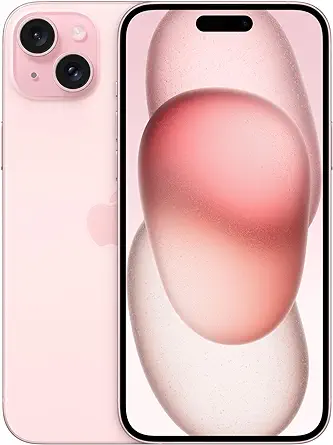
Privacy, Security, and Ecosystem Lock-In
Privacy and security have become increasingly important considerations for smartphone users. iPhones are praised for their robust approach to privacy and security, with features such as Face ID, Touch ID, and the Apple T2 Security Chip providing advanced protection for user data. Apple’s commitment to privacy is reflected in its stance on user data collection and its efforts to safeguard user information across its ecosystem of products and services.
Similarly, Android phones have made significant strides in enhancing privacy and security features, offering options such as biometric authentication, secure app sandboxes, and timely security updates. However, the Android platform’s open nature also means that users have to navigate a wider array of privacy settings and options, placing a greater emphasis on user awareness and engagement in managing their privacy.
Ecosystem Integration and Brand Loyalty
For many users, the decision between iPhones and Android phones extends beyond the devices themselves and encompasses the broader ecosystem and brand loyalty. Apple’s ecosystem integration, characterized by seamless connectivity between devices and services, appeals to users who value a unified and interconnected digital experience. This can be a compelling factor for individuals who already own other Apple products, as the integration allows for effortless synchronization of data, content, and workflows.
Conversely, the Android platform’s diverse range of hardware options from various manufacturers means that users have the flexibility to select devices that align with their specific needs and preferences. This openness can lead to brand loyalty to specific manufacturers, such as Samsung, Google, or OnePlus, based on the performance, design, and features offered by their respective devices.
Wrap-Up: Making the Choice
The decision between iPhones and Android phones ultimately comes down to individual preferences, priorities, and needs. Considerations such as user experience, ecosystem integration, hardware diversity, app ecosystem, privacy and security, and brand loyalty all play a part in shaping the decision-making process. Whether you prioritize a polished and consistent user experience, value extensive customization options, seek seamless integration with other devices, or prioritize specific hardware features and innovations, there is a smartphone that can cater to your preferences.
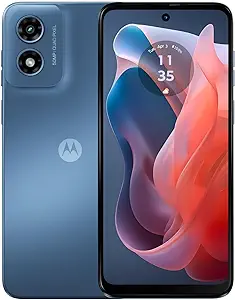
In the end, the “better” choice between iPhones and Android phones is subjective, and both platforms have their distinct advantages. The key is to assess your own needs and preferences, evaluate the features and capabilities of each platform, and make an informed decision based on what aligns best with your digital lifestyle. As smartphones continue to evolve and innovate, the debate between iPhones and Android phones will undoubtedly persist, driven by the ongoing advancements and competition in the smartphone industry.


